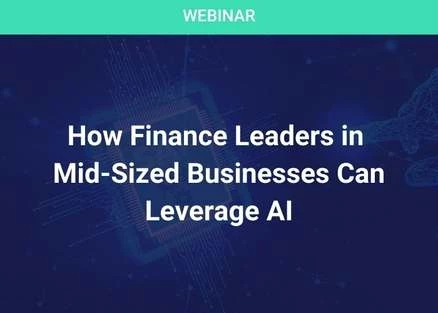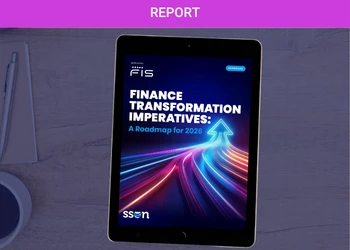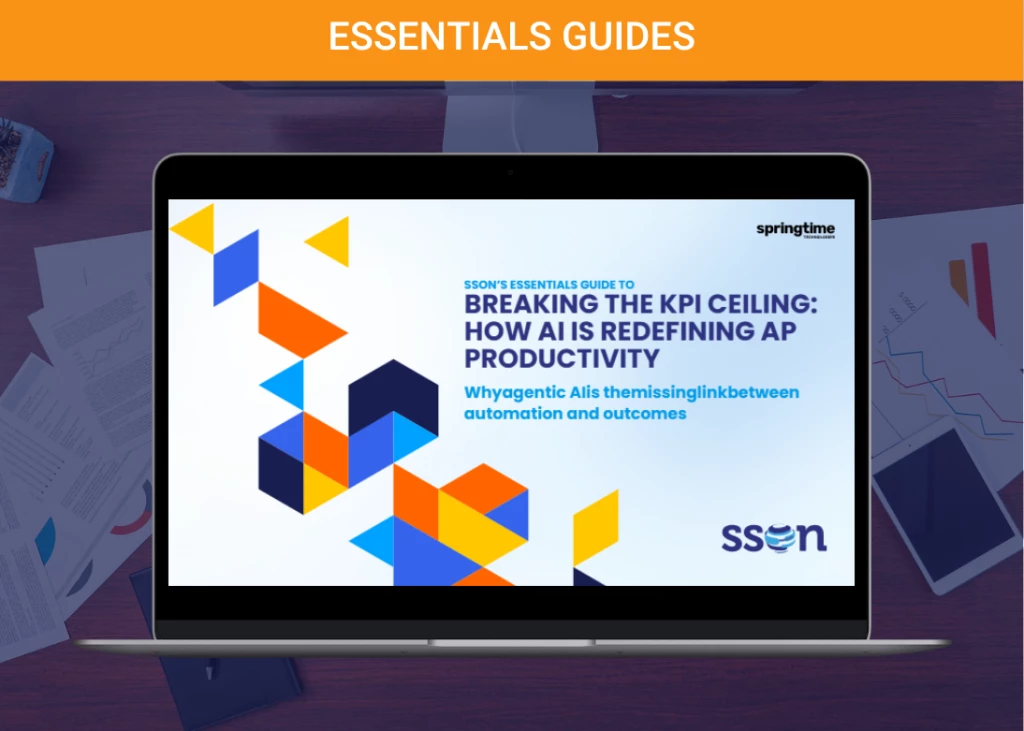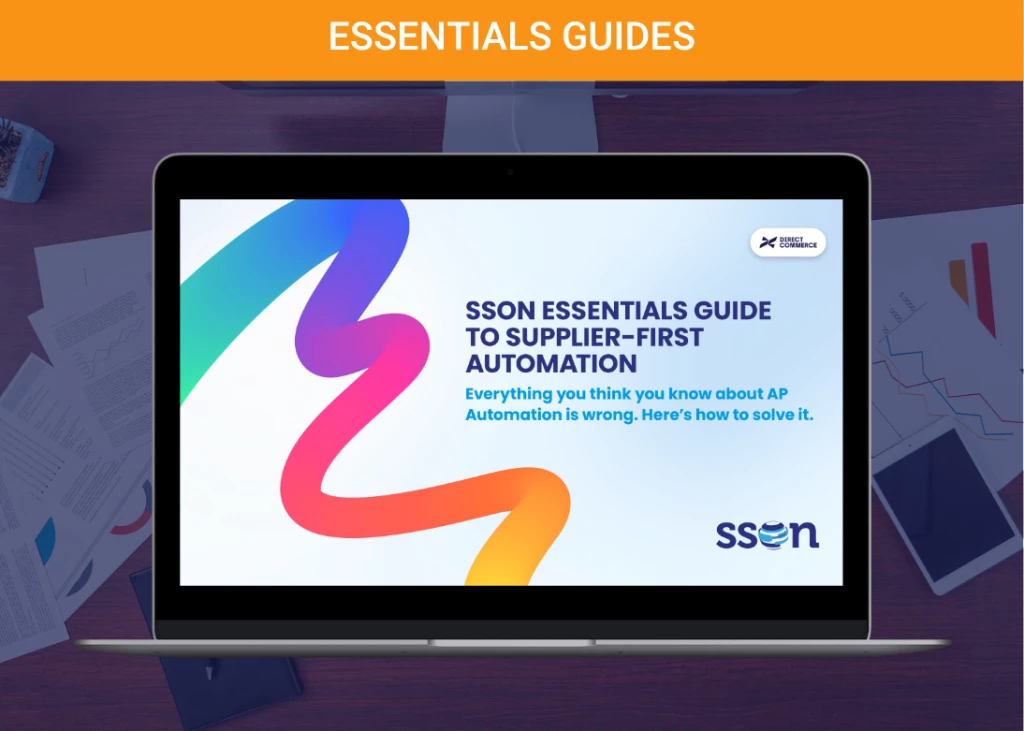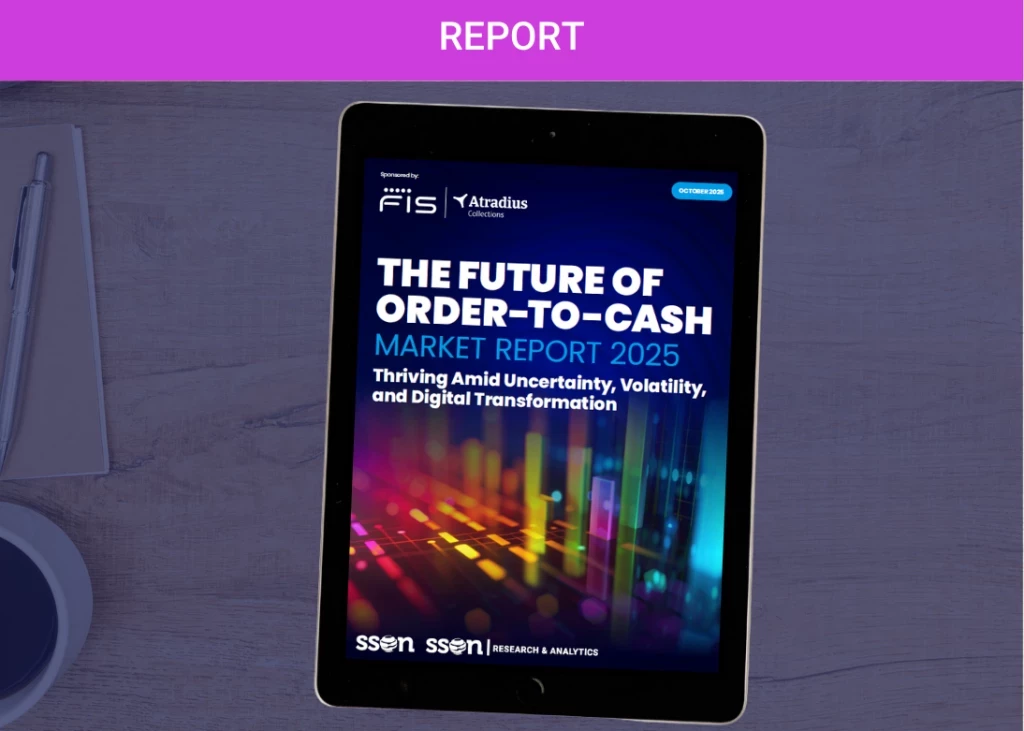5 reasons your Finance process needs intelligent automation
Add bookmarkRobotics and artificial intelligence are the buzzwords of the moment (though the correct terminology should, truthfully, be intelligent automation, in line with the IEEE working group developing standards in this space. To learn more join our free IA World Series online event next month). No matter what you call it, however, the fact is that humans working with machines exponentially drive up performance. The big shift more recently has been that machines are able to consume data as opposed to just follow commands. Right now, we are witnessing a high sense of anxiety around what this may promise.
While "basic" automation, for example robotic desktop automation, still leaves a lot on the table for smart human processing, the advent of more sophisticated automation solutions that incorporate a learning or cognitive element is propelling us to a brand-new level.
For support services focused on Finance, the implications for saving time on non value-adding tasks, and exponentially scaling up value-added services, promises to position Finance as a value-adding partner. The constant pressure to do more with less, deliver operational improvements quickly, provide more reliable data, manage regulatory reporting, and, of course, deliver higher value services…mean that intelligent automation is appearing at just the right time. Innovations range from basic to cognitive-driven and the benefits include:
- Transparency: in contrast to manual intervention, "robotic, automated" activities are tracked, governed, and auditable.
- Workflow: once a process is defined, and optimized, automated workflows drive processing from beginning to end without delay.
- Cognitive: with all the data generated and embedded somewhere within the enterprise, modern day IA solutions can immediately tap into, process, and determine an optimal outcome.
- Exceptions Management: traditionally the bane of any process owner, new machine learning capability means that, provided the software can access sufficient quantities of data and processing patterns, the solution can determine the optimal outcome of a given exception. The result: even less human intervention required.
- Integration: as the enterprise becomes increasingly digital, and support services are governed such that information is easily exchanged, the entire operation becomes more "intelligent" reducing the risk of sub optimal decision-making and outcomes.
[inlinead]
When artificial, or augmented, intelligence joins the party, we can expect a vast improvement in prescriptive analytics!








